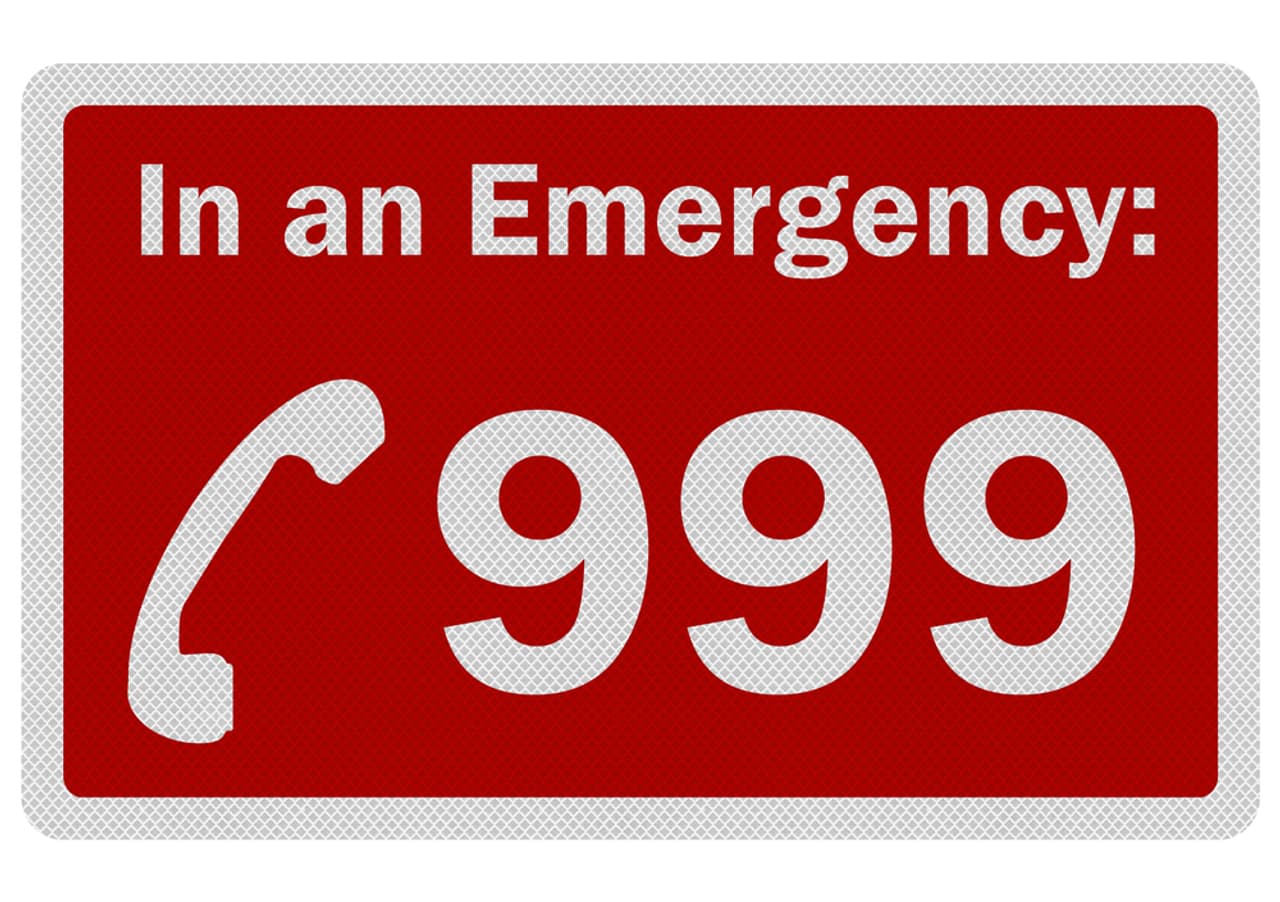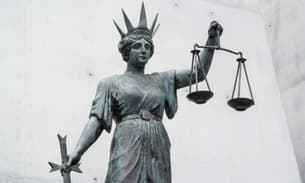
Devon and Cornwall police force missed 15% of emergency calls last July
Civilian police staff ranks have been cut by 16%, some of those were 999 call handlers (Image: Shutterstock, police telephone)
In July last year, one in six of all 999 calls put through to Devon and Cornwall police were missed by phone call handlers and bounced to another force.
The month represents the lowest point in a bad year for Devon and Cornwall’s police call record. The force’s annual average for abandoned calls was 6.15%, three times the national guidelines.
Emergency 999 calls are patched through from a central operator, most often BT. If the call is not answered by police staff that call is then bounced to another telephone line or a different police force. Those bounced calls are logged as ‘abandoned’.
An abandoned call means it takes longer to get a message through, longer to dispatch police officers to an emergency and increases the risk of the caller hanging up before the call can be answered. In Devon and Cornwall a call is bounced back after 2 minutes of the caller waiting on the line.
The number of emergency calls not answered by Devon and Cornwall rose from an average rate of 0.5% in 2010 to 6.15% in 2012. But this average rate masks a terrible summer when abandoned call rates rose over 8% in three months reaching a height of 15.6% in July. The Association of Chief Police Officers (ACPO) recommends forces do not miss more than 2% of all their 999 calls.
Devon and Cornwall missed that target in 10 months last year, coming in under 2% in only October and November.
Last year telephone operators failed to answer 12,835 calls. This is despite the introduction of the 101 non-emergency line being rolled out in early 2012.
The figures mean Devon and Cornwall had the worst record for abandoned call rates for 2012 compared to all other forces in England and Wales that recorded their abandoned call figures.
In fact, someone calling 999 in Devon or Cornwall was around twenty times more likely to have had their call bumped back to the operator than they were in North Wales, which improved its abandoned call rates since 2010 and now answers all but 0.31% of calls.
Devon and Cornwall police force has two control rooms, one based in Plymouth and one in Exeter, which are staffed 24 hours a day and deal with calls to both the emergency 999 call and the non emergency 101 service.
But budget cuts have led to a loss of 250 administrative and support staff since 2010, including 18 people from its control centres.
Related article: Police forces are taking up to 30% longer to react to 999 calls
A spokesperson from Devon and Cornwall police explained, ‘Codes of practice set up between communication providers (such as BT/ Cable & Wireless) and the force ensures that should a 999 call not be answered within 2 minutes it is automatically diverted to a an alternative line and then onto our nominated buddy force, which is currently Dorset. Each time the call is re-presented on another line it is categorised as abandoned – although it is in reality the same call being re-presented and hence the term ‘abandoned’ gives a misrepresentation of the picture.’
In June this year Police Crime Commissioner Tony Hogg and Chief Constable Shaun Sawyer wrote an open letter to local MPs warning that the cuts were hitting their force hard.
The letter said: ‘Whilst such funding is under government review, we are most concerned that it will again be the large and urban forces who will dominate the debate, yet it is often those forces that are already in receipt of additional funding streams.
Responding to the Bureau’s findings Sir Nick Harvey, MP for North Devon said he would write to Devon and Cornwall Chief Constable Shaun Sawyer asking for his analysis of the issue.
Sir Harvey said: ‘While on the face of it the jump in the ‘abandoned’ rate in Devon and Cornwall over the past couple of years seems worrying, it is important to keep in mind that all these calls are passed on to a neighbouring force. It would be worth getting to the bottom of why the average for abandoned calls is so much higher than the national average, and of course if there is evidence that dispatching emergency services takes longer when the message is taken in Dorset then clearly there are further grounds for concern.’
South Wales
South Wales police force saw its abandoned rates rise from 1.64% in 2010 to 2.23% in 2012. But again the average figure masked a particularly bad March, when 1,161 calls were bounced to a neighbouring force, equivalent to 6.15%.
The force’s abandoned call rate rose above the 2% guidelines on five occasions.
Last year the force relocated various call answering teams into one Public Service Centre.
A spokesperson from the force told the Bureau: ‘It was inevitable that during and following such change there were going to be some considerable challenges. Since the opening of the Public Service Centre last year we have maintained a swift response to 999 calls and have continued to exceed national targets.’
The force also pointed out: ‘On rare and very busy occasions when all our operators are taking calls, we have well practiced procedures for neighbouring forces to quickly answer emergency calls for assistance. These would be, for example, at spontaneous busy periods that are rare but can be caused by all sorts of incidents. For example, in June 2012 a swan landed on the M4 motorway and our lines were swamped by motorists ringing in to report it. We quickly cleared these calls but statistically the call answer rate slowed right down.’
In June 2012 the force’s abandoned call rate was 2.35%.
West Mercia
West Mercia, which covers Shropshire, Herefordshire and Worcestershire, also has a bad track record with abandoned call rates.
It did not provide its call-rate figures for 2010, but recorded an abandoned call rate of 1.85% in 2011, which rose to 3.8% in 2012, an increase of 1,994 missed calls.
June and July were particularly bad months, with the force recording bounced call rates of 8.7% and 10.8% respectively.
West Mercia police force missed the 2% guideline every month last year except in December when its rate fell to 1.4%.
Despite repeated attempts, no-one from the force was available to comment on the figures.




